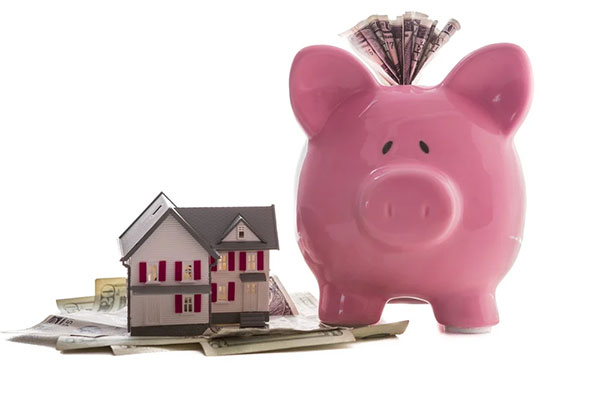HOAs experience unexpected expenses from time to time just as all homeowners do. To have money on hand for rainy day expenses -- such as broken pipes, roof replacement/repair, or replacing the elevator -- the Board will save some of the HOA assessments in a special fund known as the reserve fund.
You probably receive your HOA's annual budget for review and notice the line item called "reserve fund." You probably wondered: why does the Board need to maintain reserve funds? Well, this post will answer that question for you. Let's start with a few basics.
The HOA Governing Documents. Your HOA's governing documents set out the rights and duties of the HOA Board. The documents include the articles of incorporation, by-laws, and the covenants, conditions, and restrictions (CCR). The Board also generally adopts rules and regulations that reflect decisions made by the Board.
The HOA governing documents obligate the Board to provide maintenance and upkeep for common ground areas of the community, such as the parking lots, landscaping, elevators, security lights, play areas, the fitness club, swimming pools, etc.; that is, the amenities that all the owners have the right to use.
To accomplish these tasks, the governing documents give the Board the right to impose homeowner assessment fees. Board members owe a duty to homeowners to keep the HOA fees within a reasonable range that matches expected expenses each year. So the Board develops a budget to reflect these anticipated expenses. Annual expenses include attorneys' fees, HOA management company fees, utilities for common areas, office expenses, and so on.
The Reserve Fund. HOAs experience unexpected expenses from time to time just as all homeowners do. To have money on hand for rainy day expenses -- such as broken pipes, roof replacement/repair, or replacing the elevator -- the Board will save some of the HOA assessments in a special fund known as the reserve fund. If the Board's reserve fund is not sufficient to cover the unexpected expenses, the Board may also need to impose additional special assessments against the homeowners in order to cover those costs.
Determining the Size of the Reserve Fund. Your HOA Board members do not just take a wild guess at the amount they should earmark for the HOA's reserve fund. A smart Board will hire an outside financial manager to conduct a study for the reserve fund. The financial manager will present a report to the Board that sets out the long-term repair/replacement costs that the Board can expect given the types of amenities that are part of your HOA community.
The reserve study generally anticipates the costs of repairs/replacements and the time frame during which the Board can expect those expenses to occur over the next 20 or 30 years. For instance, if the financial manager estimates that the fitness club will need a new roof in 7 years, the reserve report will show:
- the expected cost for the new roof, and
- recommend that the Board set aside a specific amount into the reserve fund from the HOA fees in each of those seven years to cover the cost of the new roof.
Funding the Reserve Fund. Some states require funded reserves. For example, in Florida, if the HOA does not waive the reserve fund, the Board must collect dollars from homeowners into the reserve fund for capital expenditures of $10,000 or more. The law does not prescribe the amount of the reserve fund or the amount the HOA must collect from homeowners annually or how it calculates the amount.
Even if your HOA is in a state that does not require the Board to maintain a reserve fund, or the Board waives the reserve fund where permitted to do so, the Board still has an overriding fiduciary duty to the homeowners to do what's in the best interest of the community. Funding a reserve fund to anticipate repair/replace expenses certainly fits within that duty. Underfunding -- or not funding -- a reserve fund subjects the community to several unpleasant outcomes:
- the Board will impose an immediate and substantial special assessment against the homeowners to pay for the unfunded repairs;
- the community does not fund the special assessment and falls into disrepair;
- the disrepair -- even the unfunding of reserves itself -- devalues the community. And that means the homeowners' property is worth less on the open market.
The HOA's reserve fund status is something every prospective community home buyer should inquire about before buying an HOA unit.
For an analysis of California's funding reserves rules, read the sandiegotribune.com article entitled "HOA Homefront: Can We Skip the Reserve Account?"

